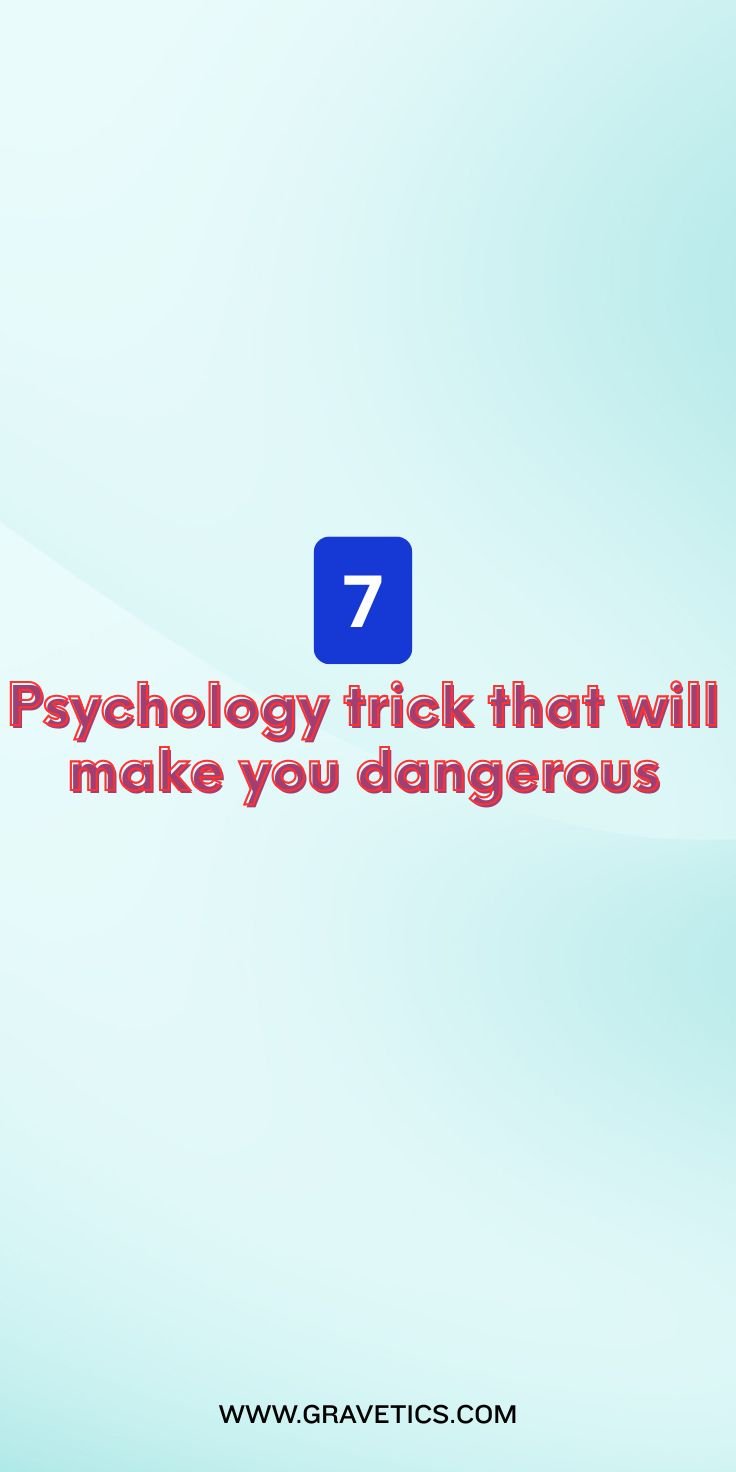Sometimes you have to spend money to recover from problems like substance abuse, mental health issues, and various forms of addiction. The expert advice and support you receive from different programs are crucial to helping you overcome your current difficulties. However, getting the right help does not always have to be expensive.
Healing is all about changing how you think, feel, and react to different situations, and this is something you have to choose yourself. You can access affordable care without putting a sizable dent in your budget. Don’t back yourself into a corner and wait around for better options to come to the rescue. It will allow your condition to sink deeper and make help more complex. Know that your wellbeing matters, so take immediate action.

Here are some cost-effective healing options for you to explore:
Jump to:
1. Rehab Programs
If you struggle with a strong addiction, checking into rehab is a proven and effective method. Rehab centers offer a range of facilities and customized treatment plans that are implemented under the strict supervision of experts. With a proper nutritious meal plan, therapist consultation, and regular healthy activities, you get to pull yourself from your current state and get back on track.
A vital component of these programs is detoxification, which involves removing substances from the body. A team of experts will plan a customized detox service for you that will be most effective in your case and remove all substances from your system.
Detox services involve a variety of methods. A cold-turkey detox is a popular one, during which you stop all substances without taking any medicines. You can also go through a medically assisted detox, during which you take prescription medications to cope with withdrawals. On your journey towards a healthier self, you may need Phenergan and Zofran to combat nausea.
In the event that you relapse after treatment, you will be sent to a residential recovery house. The prices of these houses vary, but most are very affordable. A quick internet search can connect you with a good center that fits your budget and accepts insurance.
2. Therapy
The purpose of therapy is to relieve all types of distress. Therapists are trained and accredited to help people who are suffering, whether it's through medication or natural methods. You may need to join group therapy or undergo cognitive behavioral therapy, depending on your condition. Here's what you need to know about both types of treatment:
3. Group Therapy
A group therapy session involves more than one therapist working with several people at the same time. These sessions differ according to the topic at hand. For instance, if you have trouble connecting your thoughts and have extreme emotional responses, cognitive-behavioral groups may be helpful for you.
No matter what your issue is, there is a support group that can help. Sessions in community centers are free, and you can reap the benefits. The therapist will educate you, encourage you to discuss, and help you create a solution through a collaborative effort.
4. Cognitive Behavioral Therapy
According to a reputable psychotherapy blog, 75% of people who go to therapy benefit from it. A cognitive-behavioral therapist can help solve depression, substance abuse, and anxiety disorders. By tracking the source of addiction, they establish coping mechanisms when a craving strikes, and gradually you build healthy habits. The cost of therapy is anything from about $60 to $250.
5. Twelve-Step Program
A twelve-step recovery program follows a set of principles. It discusses the physical, psychological, and emotional aspects of addiction. Two unique features of the program are:
6. Group Setting
During the program, you learn the twelve steps of recovery and how to apply them. The group emphasizes self-admission, making it mandatory for members to interact with each other.
7. Sponsorship
A sponsor is a recovering addict who mentors new members and helps them integrate into the program.
The twelve different steps of the program liberate you from shame and fear so that you can heal. Below is a brief overview of what each stage teaches you:
- Steps 1 to 4: Teach you to be honest. You begin by admitting your mistakes and feelings.
- Steps 5 to 8: Encourage confrontation. You take responsibility for the problems caused by your addiction, including harming others with your words and actions.
- Steps 9 to 12: Help you change your perspective away from selfishness and toward service to others.
8. Religion
Joining a religious group is a tremendous affirmation. You feel acceptance, unconditional love and even find a connection to a higher power, which is deeply satisfying. Religion may not be for everyone, but those who choose to try it are sure to benefit from its positives.
Defining the parameters of your faith does not require you to change your identity. Struggling with addiction requires you to have control over your impulses, thoughts, and destructive behavior patterns. Having faith and knowing you have a higher power to help you can give you peace of mind. If you wish to discover religion, you don't need to pay. All you need to do is to try.
Conclusion
Recovery is a vulnerable time during which you should seek treatment and assistance. You don’t have to resort to methods that will end up bankrupting you; it is possible to fast-track recovery with unconditional love and acceptance.




